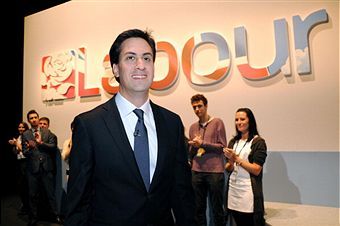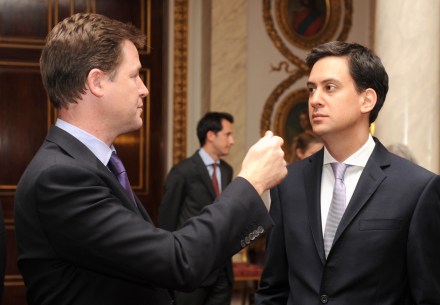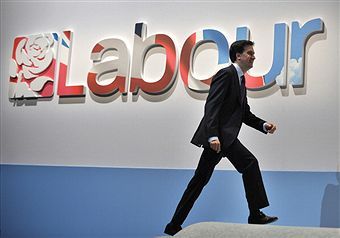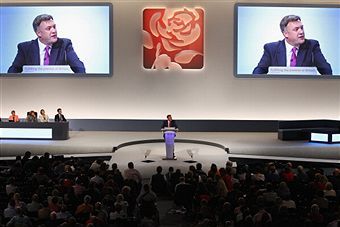What Fleet Street made of Miliband’s speech
Ed Miliband has been across the airwaves this morning, explaining that the values outlined in his speech yesterday will inform Labour’s policy direction over the next four years – a statement that calls to mind a crude saying regarding Sherlock Holmes. He is doing this because most commentators agree that his speech was incoherent. Here is a selection of the reaction in this morning: The Times’ leading column (£): ‘Generally he did better with his attacks than with phrases that sought to describe his vision. His larger problem — that people have difficulty seeing him as prime minister — is unlikely to have been affected much by this performance.’ Matthew




















